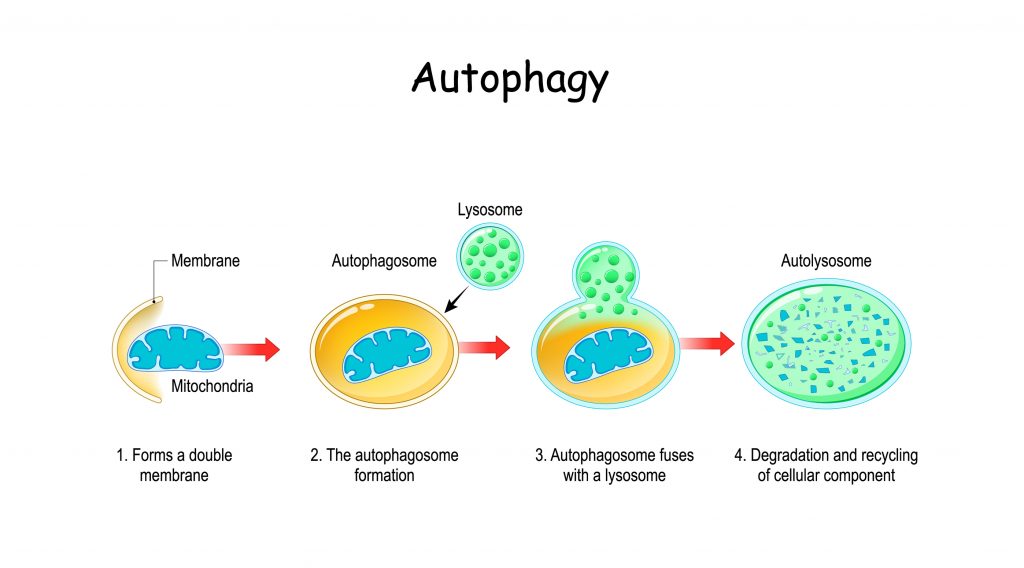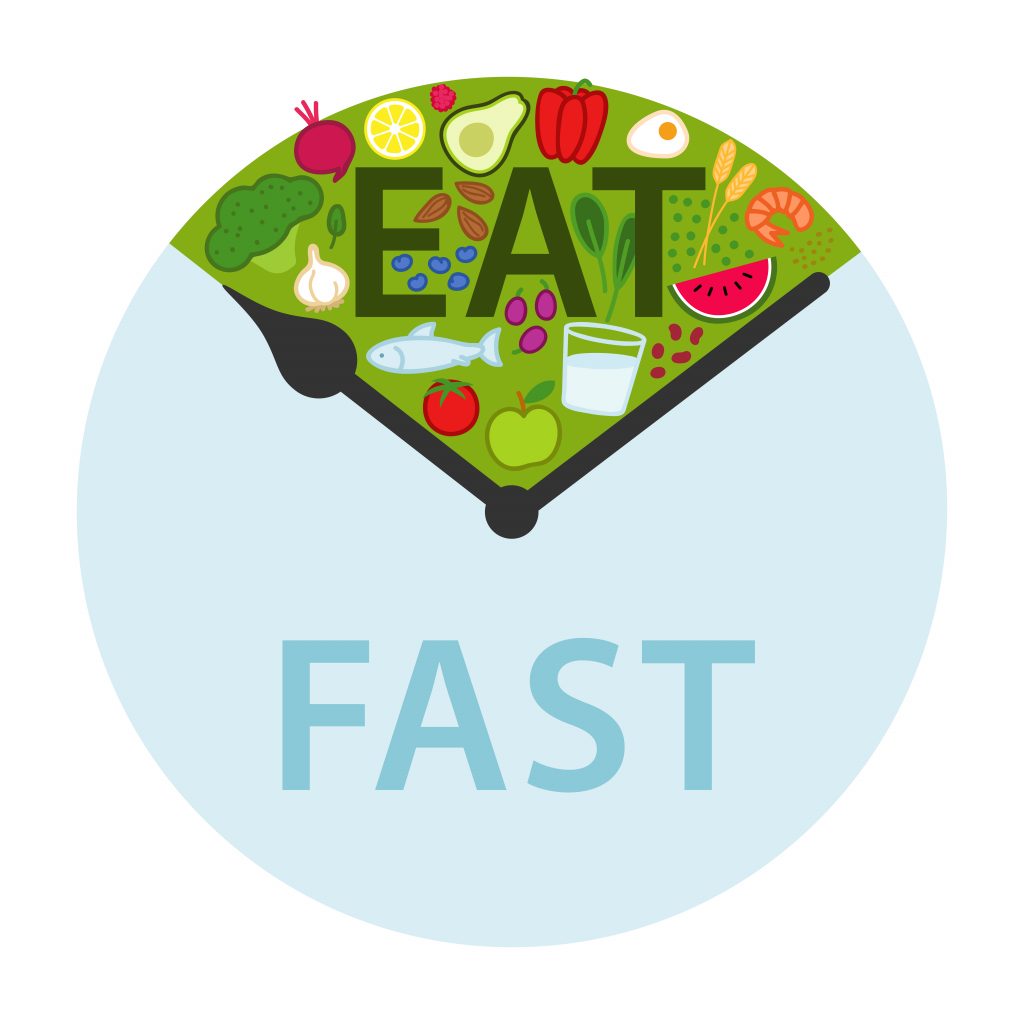Two weeks ago, I happened to dine out at an organic gourmet restaurant, curiosity aroused by an interesting appellation, Nude Food Café, set in an outhouse of an old bungalow on a main throughfare. Eclectic menu apart, I noticed that they serve only half a glass of water. Used as I am to drink a full glass; I was about to ask for more when I noticed the coaster saying “We serve only half a glass of water. If you want more, please ask. We do not wish to waste water. What is left in your glass is used to water the plant”. There were plants and trees aplenty around. A compelling messaging indeed – both from an environment perspective as well as tempered consumption.
Talking of tempered consumption, it reminds me of a long standing lawyer friend, nudging 70, but who is as fit and sprightly as he was in his 30’s. Between the daily home to station and station to office walks and all the in-between speed-walks to the High Court and the City Civil courts for hearings, he never put on an inch of weight in all these decades. A believer in public transport, he hardly ever used his car except for weekend family outings. What has also been his consistent practise is to eat sparingly and being happy with just 60 to 70% filled stomach. I have yet to come across a healthier individual. He is frugal and tempered in all his consumptions – be it sensory or sartorial needs.
Contrastingly, another well-wisher who has since migrated to the cosmic world, had a constant battle with the bulge in the 40 odd years that I knew him. Fleeting between profligate and frugal consumption of everything and hopping from one dietary fad to another, all of which were as transient as his excitement levels, he never could win the war with the bulge. South Sea, Keto, Atkins, intermittent, Mediterranean, no carbs – you name it, every single diet plan bowed out of his experiments. A sharp brain given to wit and enjoyment of all that life has to offer, he never gave up trying different methods to lose weight, but was eventually resigned to his girth, but with mirth.
A healthy mind in a healthy body is reflective of the age old conviction on mindful living to stay healthy, not just physically but mentally too. While physical exercises play their role in good health, fasting too plays its role. If fasting is an integral part of Hinduism ( or Sanatan Dharma ), it is a common practice in several other religions like Christianity, Islam, Judaism, Sikhism and so many other faiths. Many of the fasting practices are linked to festivals while several other are linked to lunar positions. Myriad other practices have evolved over a period – driven by individual needs or recommendation by health experts.
Several Hindus fast on Mondays, Tuesdays, Thursdays and Fridays, depending on their ‘ishta devi-devatas’ or on Ekadashi or Sankashti or Angarika or on the occasion of Mahashivartri or Ganesh Chaturthi or Navaratri. Muslims maintain ‘roza’ from sunrise to sunset for a period of 30 days during their ninth month Ramadan (Ramzan), after spotting the crescent moon. Christians fast during the 40 days period of Lent, when they remember the various events leading up to the death of Jesus Christ. While these are illustrative, several other religions have similar practices on various occasions.
Our body is an engineering marvel working to clock work precision created by nature or the divine. If we have to keep it running smoothly, we need to rest its system periodically so that it can keep inveterately functioning between our birth and death. Fasting is but a way of abstinence to give that much needed rest and recoupment. These facts are validated by various medical practices like ayurveda, naturopathy, allopathy, homeopath, allopathy, unani and several other medical researches and studies.
To illustrate, in Ayurveda the central premise is that our health is dependent on ‘agni’ or digestion. If our digestion is good, we will be healthy. If our digestion is poor, it will lead to poor health. A bad digestion or a low agni will disturb the fine balance between the various digestive elements or doshas like vata, pitta and kapha, leading to accumulation of ‘aama’ or toxins/wastes in our body and cause poor health or disease. To maintain the fine balance and keep the digestive system working efficiently, fasting is a necessary practice. All schools of thoughts on fasting and medical practices converge on the rationale of fasting.
In essence. Fasting or abstaining from food is observed by people for specific or extended periods for spiritual or medical/therapeutic or general health reasons. It purifies the body, boosts stamina, enhances endurance, stabilises blood pressure levels, regulates sugar levels, promotes focus and nourishes physical health for a good life.

Talking of fasting, many would be knowing about ‘autophagy’, a Nobel award winning study by Yoshinori Ohsumi, a Japanese scientist. His finding is that when we fast rigorously for 24 to 48 to 72 hours (will depend from case to case – should be done under medical advice), cells break down old and useless proteins and reuse them for energy. Healthier cells eat the dysfunctional or inefficient cells to regenerate new healthy cells. Autophagy has been known to prevent or cure chronic disorders, cancer and other infectious diseases. Benefits of autophagy are similar to those of the severe penance followed by rishis and sages of yore and even today by some across India and some Asian countries.
There are several fasting methods (only illustrative ) one can consider:
- Fasting one day every week, either the full day or mornings or nights
- Having only alkaline fruits on select days in a week.
- Intermittent fasting – going without food variously for 16 hours or 12 hours or 8 hours in a period of 24 hours
- Setting a regimen for different days of the week – like only carbs on one day, only fruits on another day, only vegetables on the third day, only nuts on the fourth day, regular all-in food on the fifth day and so on.
- Rigorous fasting including not having water (only those who can manage ) for one or two days in a month.
- Regular food for lunch and only fruits or salad for dinner
- Heavy breakfast, medium lunch and light dinner
- Very small portions 4 to 6 times a day, with a gap of around 3 hours in-between each.
- Shifting calory intake – 1800 for breakfast, 1200 for lunch and 800 for dinner.
- Limiting non vegetarian food to one or two days in a week
- Vegan
- Atkins or Keto or South Sea or Mediterranean or similar
The choice of the diet will depend on the health parameters of individuals and should preferably be done under medical advice.

As with anything else in life, moderation is the trick, not swinging to extremes. Overindulgence can lead to acidity as can underindulgence. The body too has its own limitations and response mechanisms. At the end of the day, its best to have food as medicines rather than having medicines as food. Fasting is but a natural alternative to medicines. Let us test our resolve during the upcoming Deepavali and Christmas and try tempering our consumption of all the festival goodies, sweets and calories.
A sound body in a sound mind is possible with a ‘Fast to Aarogyam’



